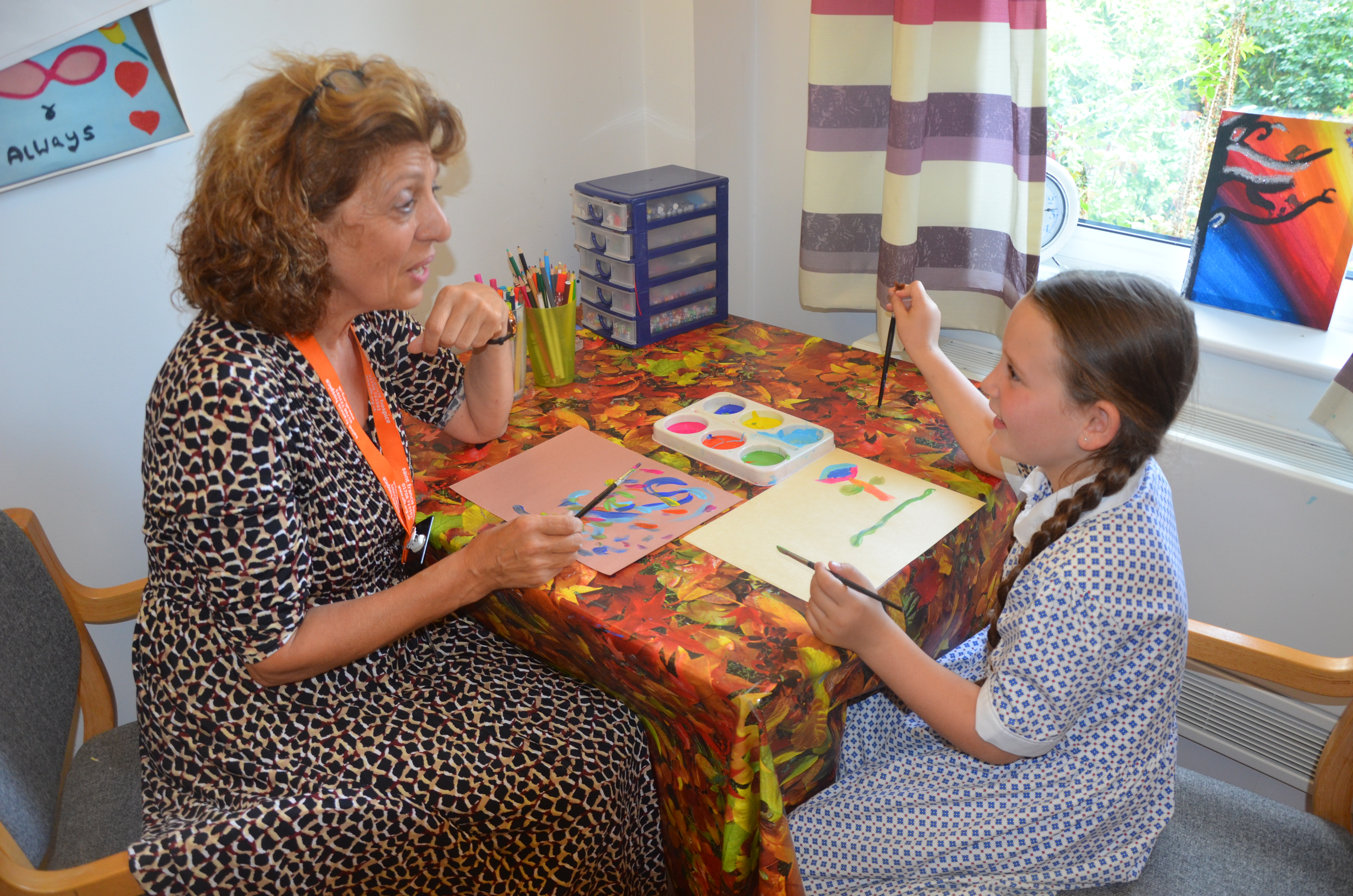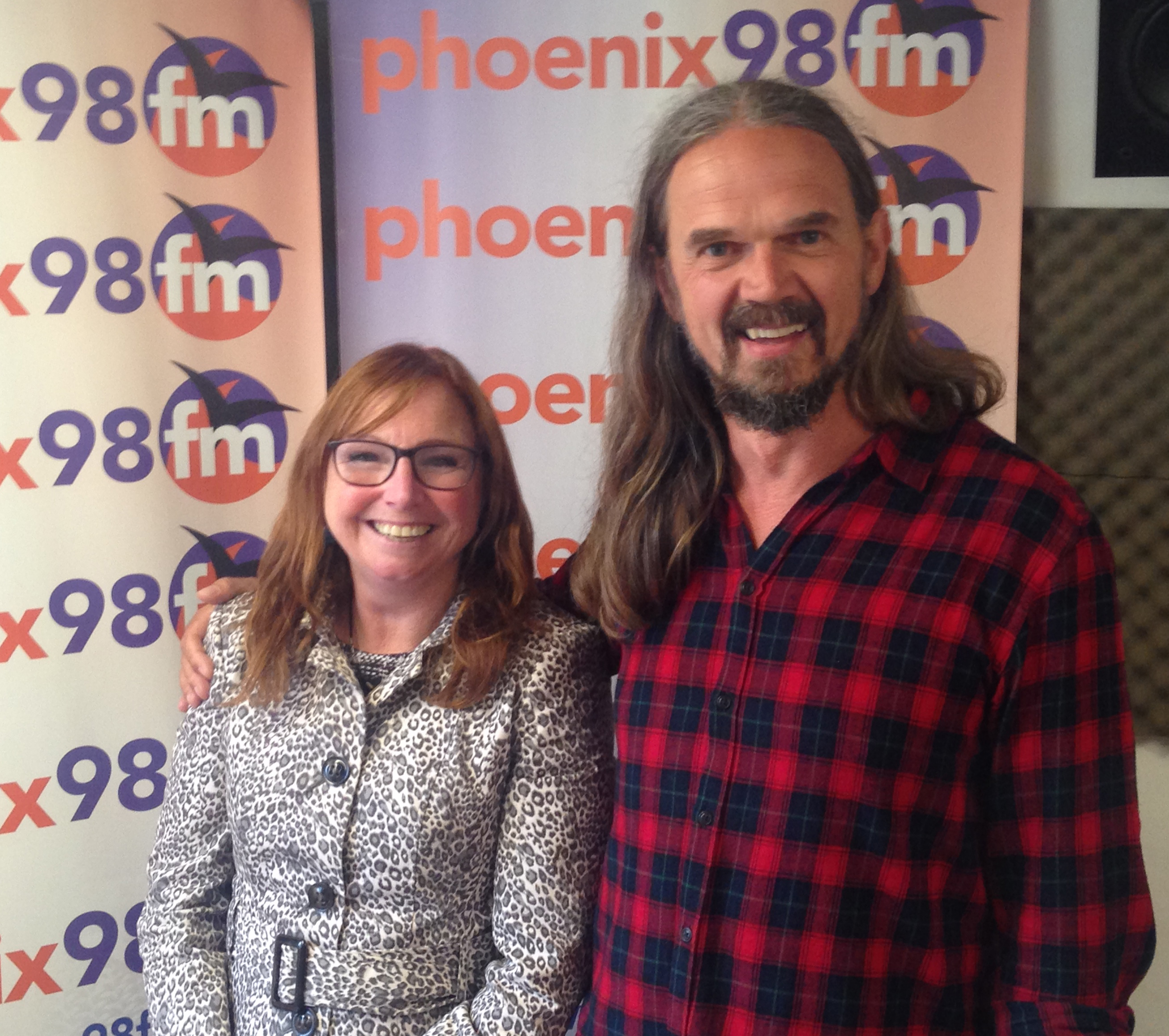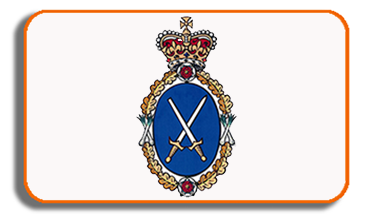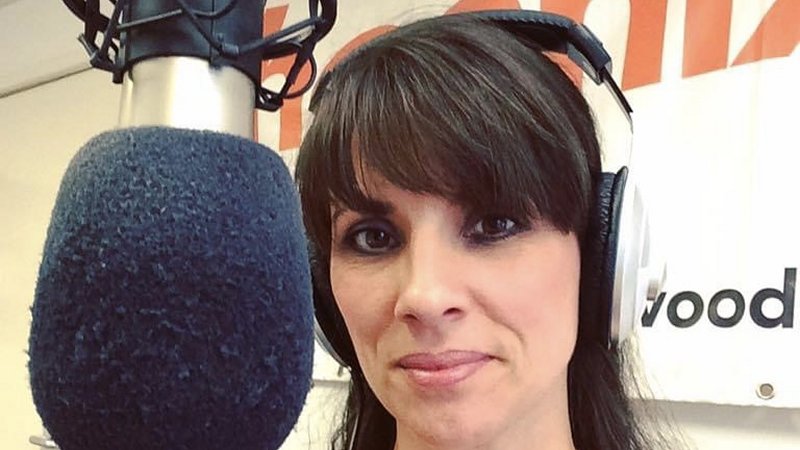Cognitive behavioural therapy or CBT is a type of “talking therapy” which may help you manage any problems you may have by altering the way you think and behave.
It’s most commonly used to treat anxiety and depression, but CBT can be useful for other mental and physical health problems.
It was developed by the psychiatrist Aaron Beck in the 1960s.
How does it work?
Cognitive behavioural therapy uses the idea that your thoughts, feelings, physical sensations and actions are interconnected.
As a result, any negative thoughts and feelings that you may have can trap you in a vicious cycle.
CBT aims to help you deal with these overwhelming problems in a more positive way by breaking them down into smaller parts.
You would then be shown how to change these negative patterns to improve the way you feel.
Unlike some other talking treatments, CBT deals with your current problems, rather than focusing on issues from your past.
It looks for practical ways to improve your state of mind on a daily basis.
More technically, CBT makes use of two evidence-based behaviour techniques:
Cognitive Therapy (C) which looks at how we think, and
Behaviour Therapy (B) which looks at how this affects what we do.
In treatment we consider other ways of thinking (C), and how this would affect the way we behave (B).
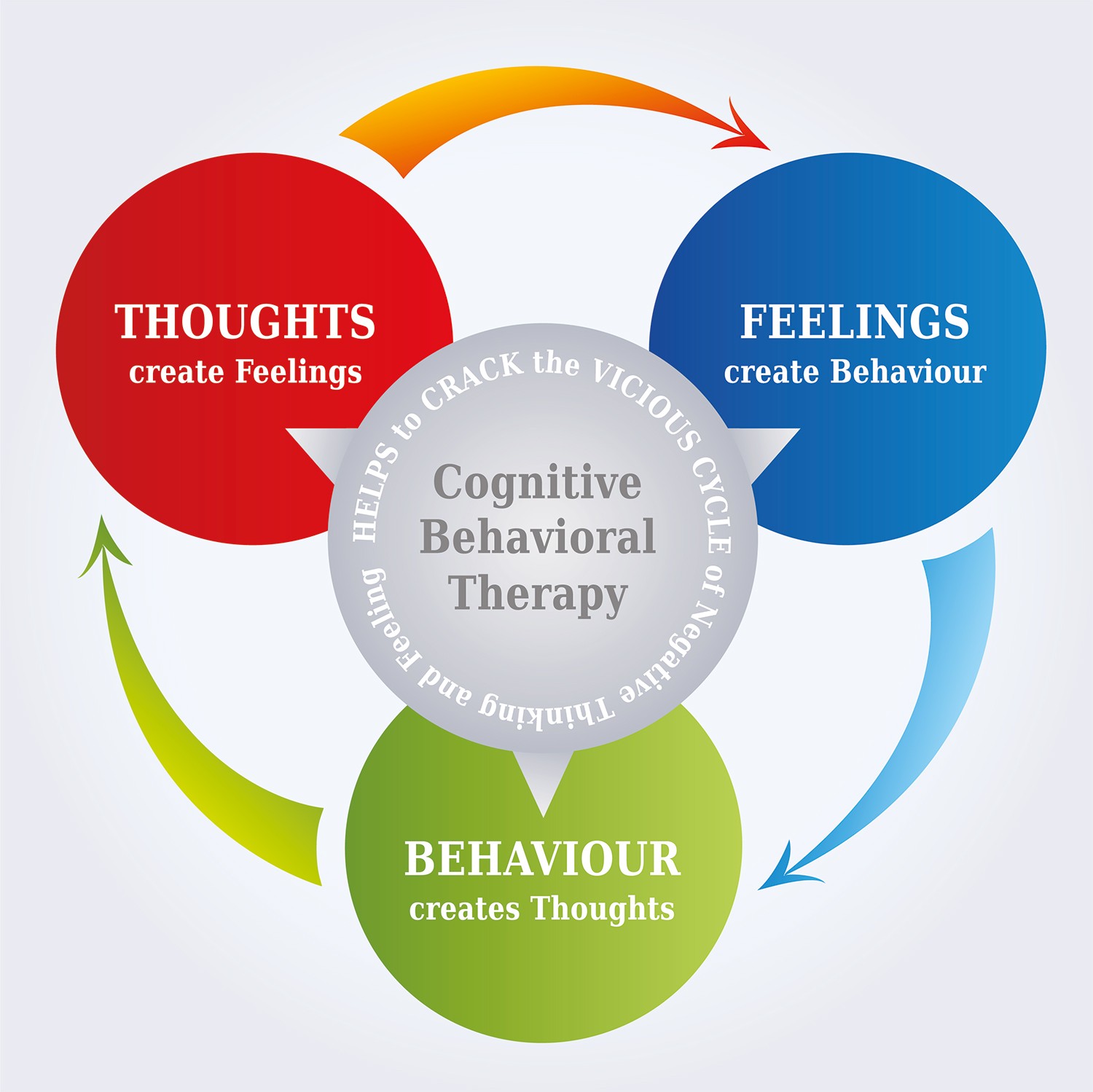
How can we challenge the meaning attached to our thoughts?
A person with OCD may explore alternative meanings or beliefs about the intrusive thoughts and rituals in all their guises (for example washing, checking, writing lists, tapping, touching, repeating, cleaning, trying to get a ‘just right’ feeling, praying) and will learn what it is that ultimately keeps the meaning they attach to such thoughts and rituals going.
So during the first few sessions a good therapist should spend time making sense of how a person’s OCD works and what keeps it going. The idea and reason behind this is that if we can understand the factors that keep a problem alive, we can then take the next step, which is to think about alternative ways of viewing the problem and what we can then do to change it.
Therefore CBT looks at how OCD convinces you that the rituals and compulsions performed are necessary, in order to prevent something bad happening. If such a bad outcome were to be true as a result of the thought, the sufferer would be convinced it was entirely their fault and responsibility.
We also look at the possibility that OCD is a liar. All the sufferer’s coping strategies have come about in the first place to make them feel safer and less anxious, when in fact they do the exact opposite, they make the person feel unsafe and scared.
Even if they provide temporary relief from anxiety, the rituals make the meaning attached to the intrusive thoughts, images, urges and doubts feel even stronger, therefore becoming necessary for the sufferer to keep doing the rituals continuously. Ultimately making the thoughts seem even more real, and like there is even more truth in them.
How can therapy work as a treatment?
Online therapy such as that pioneered by BetterHelp can be very valuable in treating CBT.
CBT is widely used in many aspects to treat a whole range of symptoms: anxiety, eating disorders, chronic pain, addiction, phobias, panic attacks, post-traumatic stress disorder, relationship issues, trauma and grief, sleep disorders, and bipolar disorder.
Some of the cognitive behavioural therapy techniques used include untangling thought distortions, journaling, cognitive restructuring, exposure therapy, progressive muscle relaxation (PMR), and relaxed breathing.
Remember, problems such as OCD is “Just a Thought” and what CBT will teach people is that it’s not the thoughts themselves that are the problem; it’s what people make of those thoughts in the first place.
CBT is a fantastic type of treatment that can help with just about any sort of mental, emotional, or behavioural problem.











